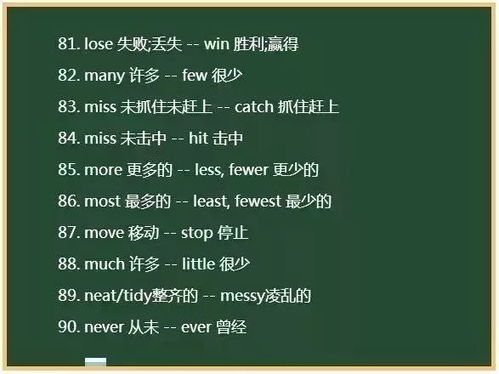1. Have difficulty (in) doing something
表示“做某事有困难”,介词 in 可省略:

例:She has difficulty (in) understanding accents.
(她在理解口音方面有困难)
2. Have trouble (with) something / (in) doing something
更口语化的表达,后接名词或动名词:
例:I have trouble with math problems.
(我在数学题上有困难)
例:He has trouble (in) sleeping at night.
(他晚上难以入睡)
3. Struggle with something
强调持续性的努力或挣扎:
例:They struggle with communication skills.
(他们在沟通技巧上有困难)
4. Find it difficult/hard to do something
强调主观感受的困难:
例:We find it hard to adapt to the new system.
(我们觉得适应新系统很困难)
5. Have a hard time (doing something)
口语中更自然的表达:
例:I’m having a hard time focusing today.
(我今天很难集中注意力)
常见搭配扩展
Facing difficulties in... (正式语境)
例:Facing difficulties in language learning is normal.
(遇到语言学习困难很正常)
Encounter challenges with... (书面/正式)
例:The team encountered challenges with the project deadline.
(团队在项目截止日期上遇到了挑战)
注意事项
介词选择:用 with 接名词(have trouble with math),用 in 接动名词(difficulty in solving)。
避免混淆:difficulty(名词) vs. difficult(形容词),如“It's difficult to...”(形容词结构)。
根据语境选择合适表达,日常交流多用 have trouble / hard time,正式写作可用 encounter difficulties。


